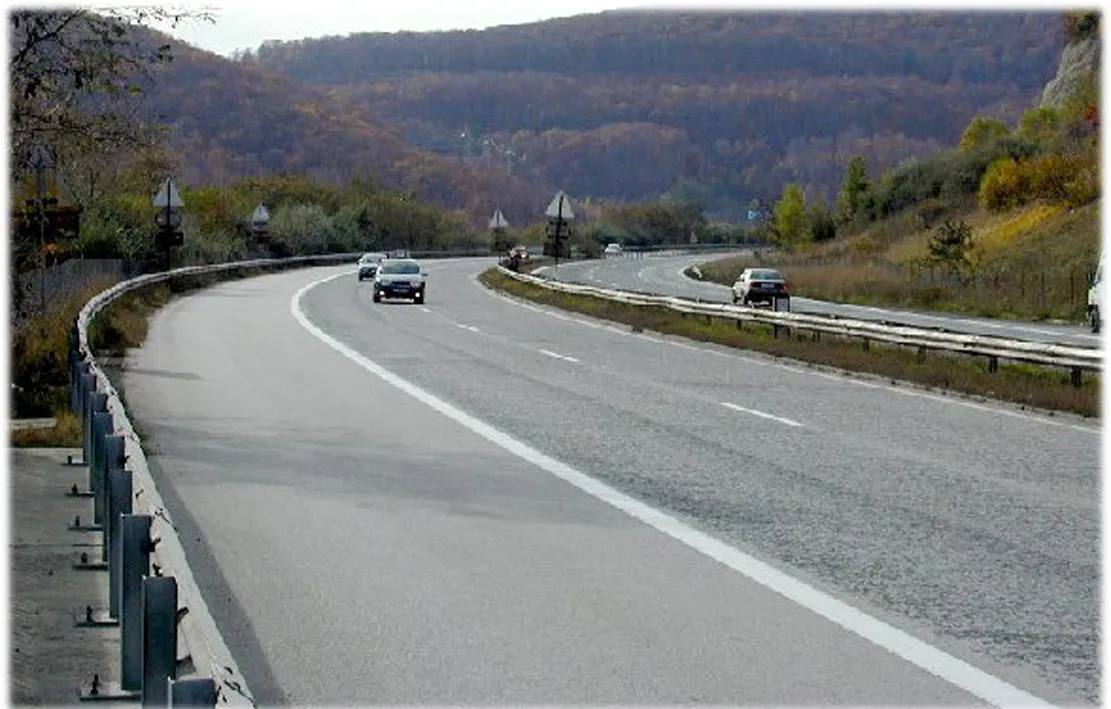Indonesia’s Government is setting a US$20 billion budget for transport and energy sector development. The Indonesian Government plans to build 559km of new roads as part of a new transport infrastructure programme.
Indonesia’s capital Jakarta faces a growing problem due to severe traffic congestion, which is particularly intense at peak periods. Increasing vehicle numbers in the city mean that the existing traffic problem is fast getting worse. The authorities are looking at policies to address the issue.
November 28, 2012
Read time: 3 mins
Indonesia’s Government is setting a US$20 billion budget for transport and energy sector development. The Indonesian Government plans to build 559km of new roads as part of a new transport infrastructure programme.
Indonesia’s capital Jakarta faces a growing problem due to severe traffic congestion, which is particularly intense at peak periods. Increasing vehicle numbers in the city mean that the existing traffic problem is fast getting worse. The authorities are looking at policies to address the issue. Official data suggests that vehicle numbers are increasing by 9%/year, equivalent to an additional 1,117 vehicles taking to the city’s roads every day.The problem of congestion is being compounded by the fact that the road network is not increasing at anything like the same rate. New roads are increasing the network by just 0.01%/year. To address the issue the Ministry of Public Works is developing a dual policy that combines both short and long term measures. But unless the short term measures are carried out quickly and prove effective, Jakarta could face gridlock as early as 2014. New roads are planned as part of the programme being devised by the Ministry of Public Works. In all some 4,792km of new roads will be required to add to the existing 7,208km so as to help address the city’s current chronic traffic congestion.
A $1.3 billion toll road project in Indonesia is being funded by a syndicate composed of various financial institutions. In all 22 banks or financial institutions are coming together to provide a loan worth $917 million for the new Cikampek-Palimanan toll road.
Meanwhile toll road firm






